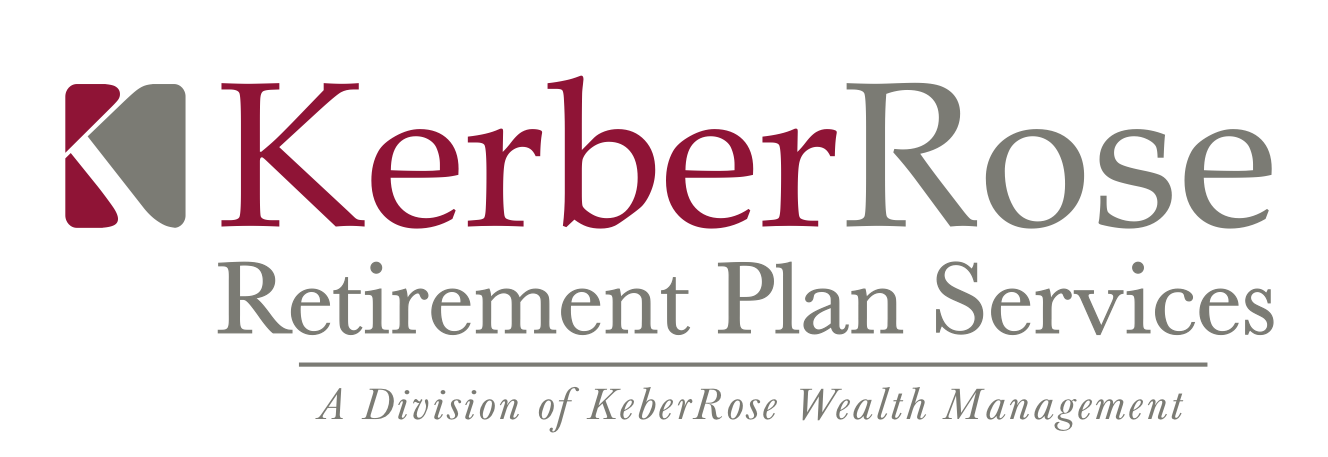The Government Shutdown: Considerations for Employer Sponsored Plans
On Dec. 22, 2018, a partial shutdown of the federal government began, after Congress and President Trump did not reach an agreement on spending measures. It is now the longest government shutdown in history. While the shutdown directly impacts federal agencies, it also indirectly affects employers with employees on federal contracts. With the federal government agency or project being shut down, many of those employees have been placed on furlough or unpaid leave.
What does this mean for the employees’ eligibility under employer sponsored plans?
Unfortunately, it’s a complex issue with no single answer for all employers. There are a lot of considerations, as outlined below.
ERISA Plan Document and Any Employment Contracts
First, an employer needs to review the plan document and the plan’s eligibility terms as related to unpaid leaves of absence. An employer who has experienced a previous shutdown may have already adopted language regarding applicable provisions. If there are Service Contract Act or Davis Bacon Act contracts in place, they will want to review those as well to see if they contain any special provisions. This goes for all benefit offerings — medical, dental, vision, life, disability, etc.
If there are no special terms, then it comes down to the general terms of eligibility. Medical, dental and vision typically identify an eligible employee as one who works a certain number of hours per week or per month, or who is otherwise determined to be full-time. For a small employer (fewer than 50 full-time employees, including equivalents), an employee not working the required hours would lose eligibility under the medical plan. This practice would also apply for dental and vision coverage for all sized employers. In other words, as soon as the employee no longer meets the terms of eligibility, coverage would be terminated and COBRA or state continuation would be offered. A large employer will not only need to consider the plan document, but also the employer mandate requirements (which are discussed below).
Short- and long-term disability and life insurance policies are governed by ERISA, but are not subject to the employer mandate or COBRA requirements. Thus, these contracts will need to be reviewed carefully as eligibility provisions vary by carrier and policy.
Employer Mandate
Large employers also need to consider the employer mandate rules when determining employee eligibility for medical coverage. If they are using the monthly measurement method to determine employee eligibility, then an employee who has a change of employment status to zero hours of service would lose eligibility under the plan (unless the plan document contains a special provision for unpaid leaves of absence). Coverage would terminate at the end of the month when eligibility is lost with COBRA offered for reduction of hours.
If the large employer is using the look-back measurement method to determine employee eligibility and the employee was one who was previously determined to be full-time in a measurement period, then the employee would remain eligible through the end of the stability period regardless of the number of hours they are currently working.
Payment of Contributions
For all sized employers, if an employee continues to be eligible under the plan, how would the employer receive the employee premium contributions without a paycheck from which to make the deduction? Generally, the rules for FMLA premium payment are mirrored. The employer may require that employees pay during the furlough period by personal check or other post-tax method. The payments may be due per pay period or per month. The employees should be provided with written notice of the payment method, due date and consequences for nonpayment (termination of coverage). Alternatively, the employer could permit employees to pay upon return, but the employer should consider the consequences of that option should the shutdown continue for a long time.
Section 125 Cafeteria Plan Document and Reinstatement
All sized employers also need to consider the Section 125 cafeteria plan rules, which apply if the employees are able to pay for premiums on a pre-tax basis. Consider an employee who continues to be eligible for coverage under the terms of the plan and/or employer mandate rules, but who wants to drop coverage because of no pay. Is this allowed?
There is a qualifying event permitting employees to drop coverage based on an unpaid leave of absence if the Section 125 Cafeteria Plan Document provides that such employees lose eligibility under the cafeteria plan. If they return to work within 30 days after dropping coverage, they would be reinstated to the same coverage with no chance to change elections.
